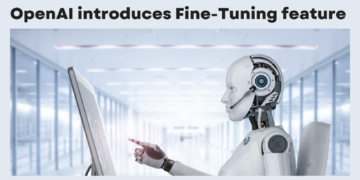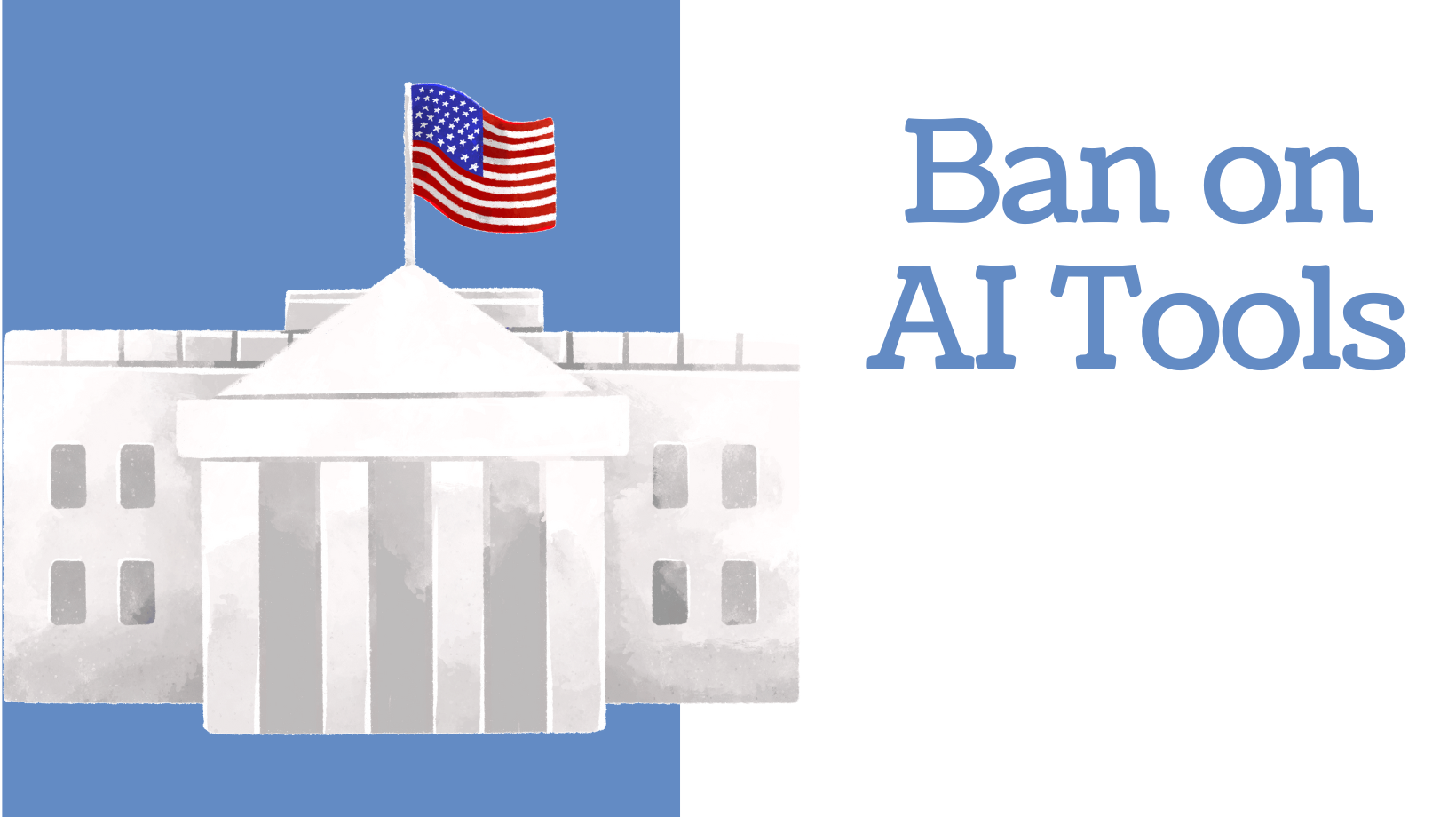In the fast-evolving world of education technology, OpenAI’s ChatGPT has become a powerful tool for students and educators. However, a recent announcement by OpenAI has brought to light a significant challenge for educators: the inability in detecting AI-generated content reliably. While OpenAI recognizes the growing concern about students using AI tools to complete assignments and homework, the organization asserts that no current AI tool, including ChatGPT, can accurately distinguish between AI-generated and human-generated content.
The Challenge of Detecting AI-Generated Content
In an educator-specific FAQ section, OpenAI emphasized the limitations of AI content detection tools, stating, “While some (including OpenAI) have released tools that purport to detect AI-generated content, none of these have proven to distinguish between AI-generated and human-generated content reliably.”

ChatGPT, one of OpenAI’s flagship products, also falls under this category. It has no inherent knowledge of whether the content was AI-generated or human-authored. When asked about the origins of content, the AI’s responses are entirely random and devoid of factual basis.
OpenAI’s Own Struggles with Detection
OpenAI shared insights into their attempts to train AI content detectors, revealing a glaring shortcoming. Sometimes, their sensors mistakenly labeled well-known human-created works like Shakespeare’s writings and the Declaration of Independence AI-generated.
Guidelines for Educators
To address these challenges, OpenAI has provided guidelines for educators to identify instances of copied assignments and ensure responsible AI usage among students. Some key recommendations include:
1. Unique Questions: Educators are encouraged to ask unique questions related to assignment content, evaluating the relevance of answers and students’ understanding of the material.
2. Double-checking: Teachers should double-check the information provided and consider potential biases in AI-generated responses.
3. Sharing Interactions: Sharing interactions with AI models holds students accountable for using AI tools, promoting responsible and meaningful engagement rather than mere answer copying.
Age Restrictions and Responsibility
Additionally, OpenAI has emphasized that users of ChatGPT must adhere to age restrictions. Users must be at least 13 years old to use the platform, and those aged 13 to 18 must obtain parental or guardian permission.



























